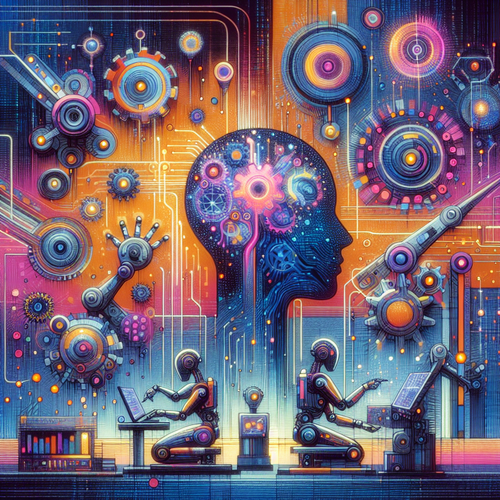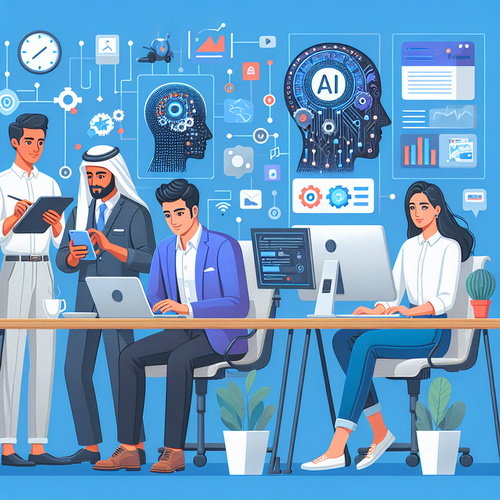
Revolutionizing Automation with AI-Powered Tools
Revolutionizing Automation with AI-Powered Tools
In today’s fast-paced digital age, automation is crucial in enhancing efficiency and productivity across various sectors. The integration of AI-powered tools has dramatically reshaped the landscape of automation, driving innovation and offering unprecedented solutions to traditional challenges. This article explores how AI tools are revolutionizing automation and the myriad benefits they bring to businesses and organizations.
What Are AI-Powered Tools?
AI-powered tools leverage artificial intelligence and machine learning algorithms to perform tasks that require human intelligence, such as understanding natural language, recognizing patterns, and making decisions based on data analysis. Examples include intelligent robotic process automation (RPA), natural language processing (NLP), and computer vision applications. By automating repetitive and time-consuming tasks, these tools allow employees to focus on more strategic initiatives.
The Benefits of AI Tools in Automation
- Increased Efficiency: AI tools can process vast amounts of data far faster than human workers, minimizing delays and errors.
- Cost Savings: Automation reduces the need for manual labor and lowers operational costs associated with human resources.
- Enhanced Accuracy: AI tools minimize errors in repetitive tasks, ensuring high-quality outputs.
- Scalability: AI can easily scale operations without the need for proportional increases in staff or resources.
- Improved Analytics: AI-powered tools analyze data and provide real-time insights, helping organizations make informed decisions.
AI and Automation in Various Industries
Healthcare
The healthcare sector is experiencing significant transformation through AI-powered automation. From scheduling appointments to processing insurance claims, AI tools enhance efficiency and improve patient experiences. For example, AI algorithms can analyze medical images faster and more accurately than human doctors, leading to quicker diagnoses and treatment plans.
Finance
In finance, AI-driven automation plays a vital role in fraud detection, risk assessment, and customer service. Chatbots powered by AI handle customer inquiries, while advanced analytical tools assess financial risk, making processes more efficient and accurate.
Manufacturing
Manufacturing is another industry reaping the benefits of AI tools. AI-driven robotics automate assembly lines, reducing production times and costs. Additionally, predictive maintenance powered by AI minimizes downtime by forecasting equipment failures before they occur.
Challenges and Considerations
While the benefits of AI-powered automation are evident, businesses must also consider potential challenges. Integration with existing systems may pose risks, and organizations need to ensure that employees are adequately trained to work alongside AI tools. Moreover, ethical considerations surrounding job displacement should be addressed to foster a more inclusive transition to automation.
Conclusion
The revolution of automation through AI-powered tools signifies a new era of efficiency and innovation. Businesses adopting these technologies will not only remain competitive but also enhance their capabilities to meet the evolving needs of their customers. For more insights into the role of AI in various sectors, check out our post on AI in Healthcare: The Future of Medicine is Here.
















